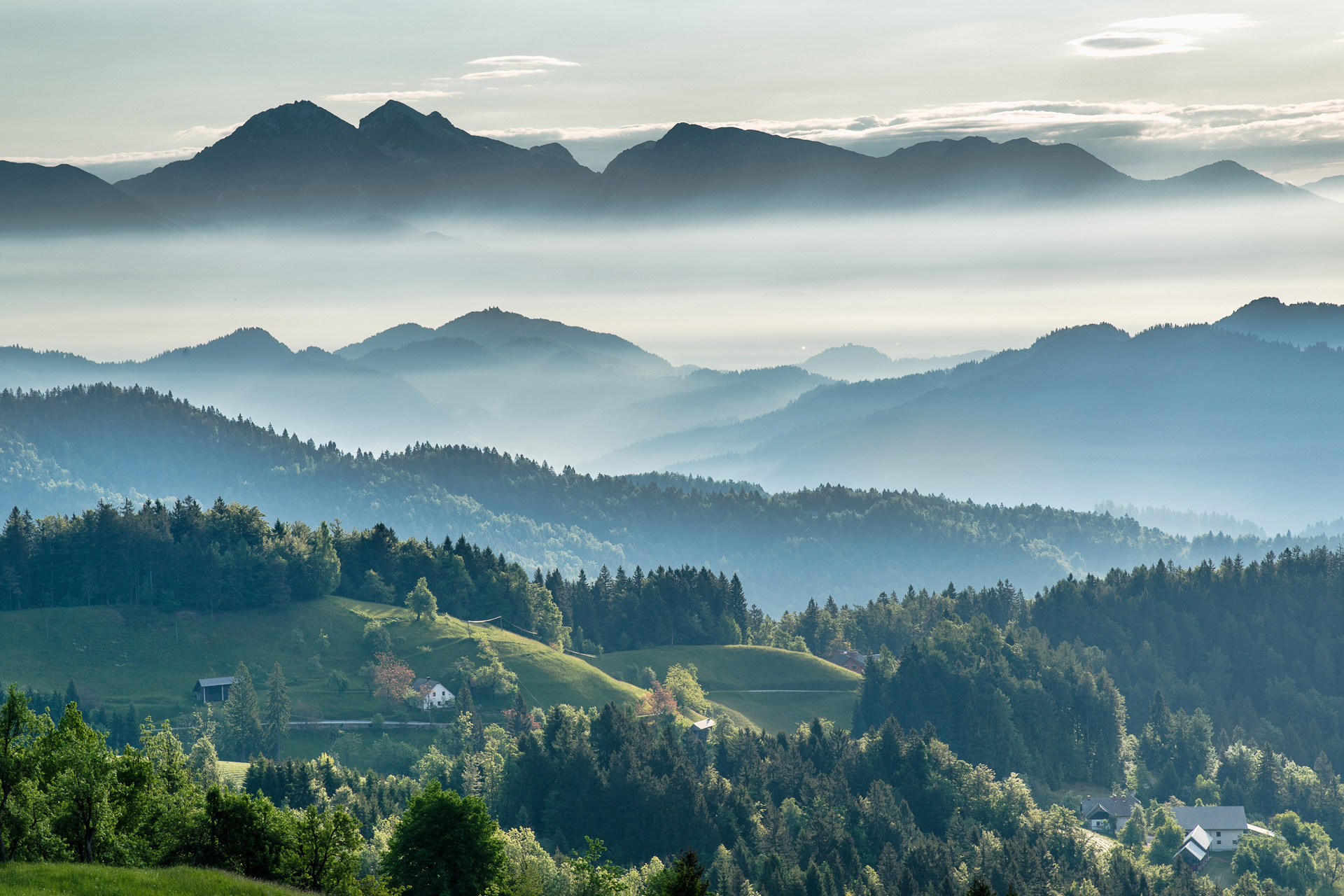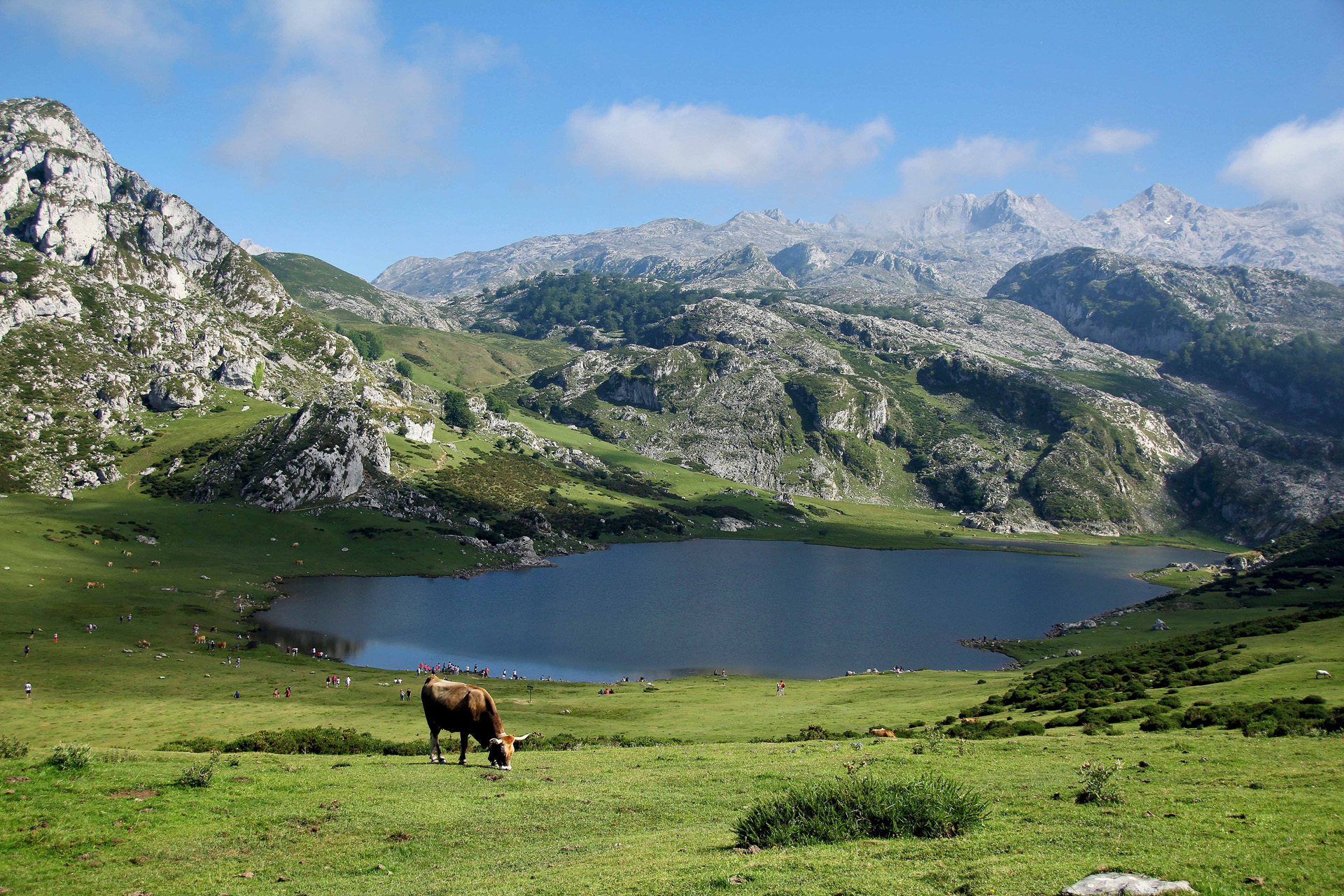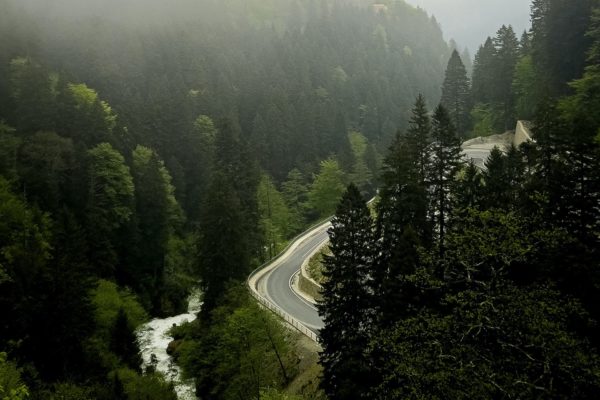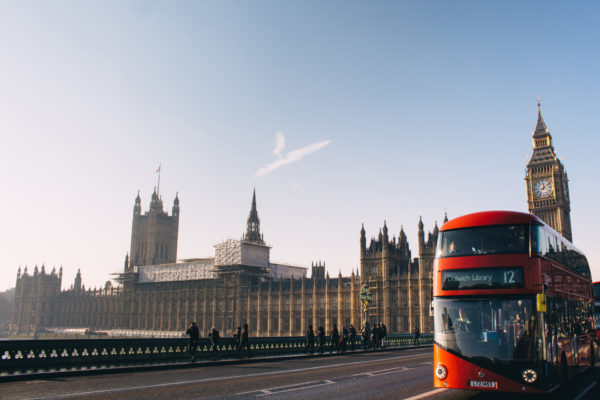The EU Just Passed A Controversial Nature Law – Here’s What It Means
By
2 years ago
The Nature Restoration Law is expected to come into effect in 2024

European Parliament voted to pass a controversial nature law yesterday (12 July) – the Nature Restoration Law – that centre-right wing campaigners have fought to kill off, according to Reuters. Here’s everything you need to know about the new law, and what it means for ecosystems in the EU.
The EU’s New Nature Restoration Law: What Does It Mean?
What Is The Nature Restoration Law?
When it comes into force, the Nature Restoration Law will require EU member countries to introduce measures to restore nature on 20 percent of their land and sea by 2030, with the aim of reversing the decline of Europe’s natural habitats. At present, over 80 percent of Europe’s natural habitats are in poor shape.
What Are The Benefits?
The new law is part of EU Parliament’s hopes to deliver on its ambitious goal to reach net zero greenhouse gas emissions by 2050. According to MEPs in favour of the legislation, restoring ecosystems are key to combating climate change and biodiversity loss – and that’s what the Nature Restoration Law will do. Likewise, according to the Commission, the new law will bring significant economic benefits, claiming that every euro invested will return at least eight euro in benefits.
Campaigners in favour of the law include Swedish activist Greta Thunberg who attended the EU assembly to watch the vote and hear the results. EU Parliament stresses that the new law does not impose the creation of new protected areas, nor does it block new renewable energy infrastructure. Plus, targets will be postponed if there are exceptional socioeconomic consequences.
Earlier this week, however, EU member states agreed to weaken stringent legislation proposing that all cattle, pig and poultry farms with over 150 livestock units face greenhouse gas emission limits. EU lawmakers received 336 votes in favour of this new piece of habitat legislation, 300 votes against and 13 abstentions.
Why Is It Controversial?
The news comes amid a huge push to cut CO2 in the EU and much resistance from some member countries, who believe Europe is pushing through too many new environmental laws. The European People’s Party (EPP), for example, campaigned against the plan, arguing it would harm farmers and endanger food security. But ‘restoring nature brings numerous benefits to farmers,’ argues EU lawmaker Mohammed Chahim. ‘It is as simple as this: we cannot grow food on dead soil.’
What Now?
The final text of the Nature Restoration Law still needs to be finalised, with Parliament asking the EU Commission to provide data on the following before it can implement the law:
- The conditions needed to ensure long-term food security.
- The areas that need to be restored to reach targets for each habitat type.
Lawmakers are aiming to conclude before EU Parliament elections in 2024, giving member states less than six years to implement the changes.
‘The Nature Restoration Law is an essential piece of the European Green Deal and follows the scientific consensus and recommendations to restore Europe’s ecosystems,’ said rapporteur César Luena after the vote. ‘Farmers and fishers will benefit from it, and it ensures a habitable earth for future generations.
‘Our position adopted today sends a clear message,’ says Luena. ‘Now we must continue the good work, defend our ground during the negotiations with member states and reach an agreement before the end of this Parliament’s mandate to pass the first regulation on nature restoration in the EU’s history.’








